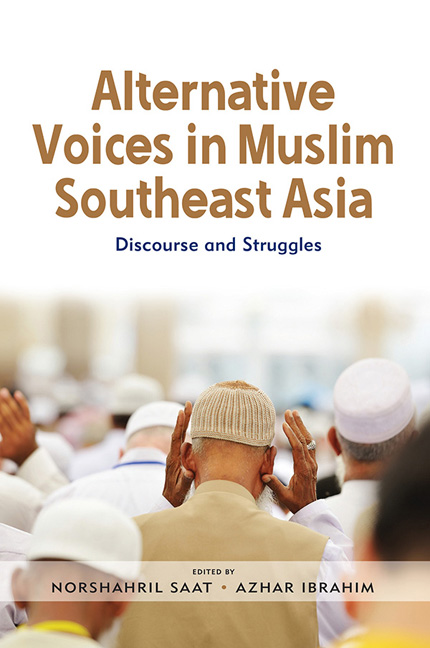9 - Democracy and the “Conservative Turn” in Indonesia
Published online by Cambridge University Press: 02 April 2020
Summary
Discourse on Islam in Indonesia has focused on the question of a “conservative turn” or rising intolerance. The question seems to be more pertinent in the wake of the 2 December 2016 rally called Defending Islam Act (“Aksi Bela Islam”, or more popularly the 212 rally) against the then governor of Jakarta, Basuki Tjahaja Purnama (Ahok), for allegedly committing blasphemy. More recently, the appointment by President Joko Widodo (Jokowi) of the Indonesian Ulama Council (MUI) general chairman Ma’ruf Amin as his running mate for the 2019 presidential election has made this question even more pressing. Ma’ruf was the one who signed MUI's “religious stance” stating that Ahok's remarks (he was Jokowi's vice governor in 2012–14) constituted blasphemy. He was also one of the expert witnesses during the trial, contributing to the judge's decision to imprison Ahok for two years. Unlike Ahok, Jokowi is a Muslim. He was still concerned however that the 2019 election would be about which candidate is more Islamic. He seems to have been vindicated in this regard by the issues raised during the campaign. Recent events have amplified the polarization within Indonesian society, which in many cases boils down to competition between pro-Jokowi and anti- Jokowi groups.
It is ironic that Indonesia's conservative turn occurred during the post-1998 democratization phase. It has also, directly or indirectly, caused many setbacks to the process. These setbacks can be seen in two forms: the agenda of the conservatives on the one hand, and the government's reaction to them, such as the move to limit their freedom, on the other. In a sense, there is a tension between maintaining pluralism as a rival to the conservative agenda and democracy. While this chapter looks at recent events taking place in Indonesia, including the issues raised during the 2019 presidential election campaign, the issue about the tension between pluralism, conservatism and democracy is not unique to today's Indonesia, but is also an issue even for established democracies.
This chapter begins with the question of how to characterize the situation of Indonesian Islam today. Has it become more conservative or intolerant? While the perception of increased religious conservatism is valid, this article argues for a nuanced understanding of what is now happening in Indonesia.
- Type
- Chapter
- Information
- Alternative Voices in Muslim Southeast AsiaDiscourse and Struggles, pp. 139 - 155Publisher: ISEAS–Yusof Ishak InstitutePrint publication year: 2019



